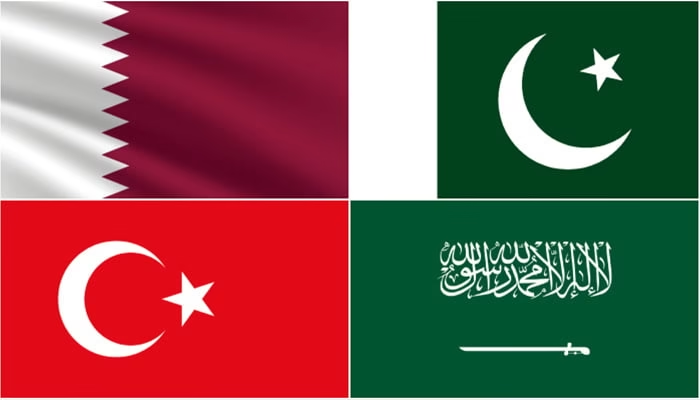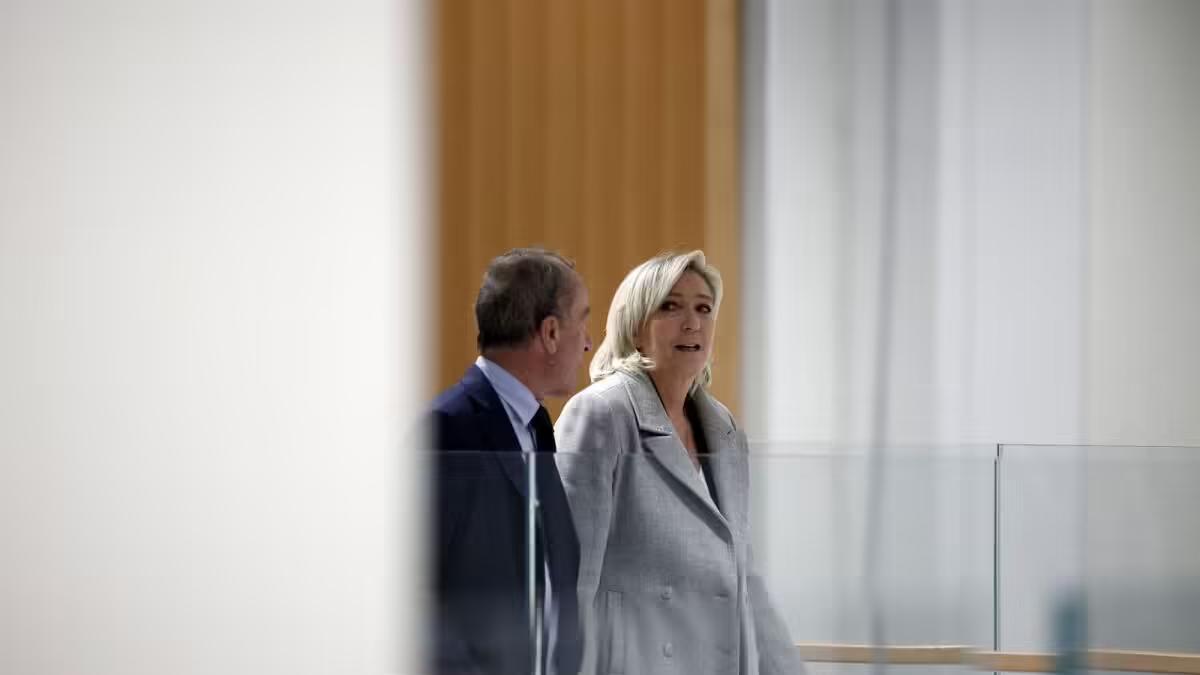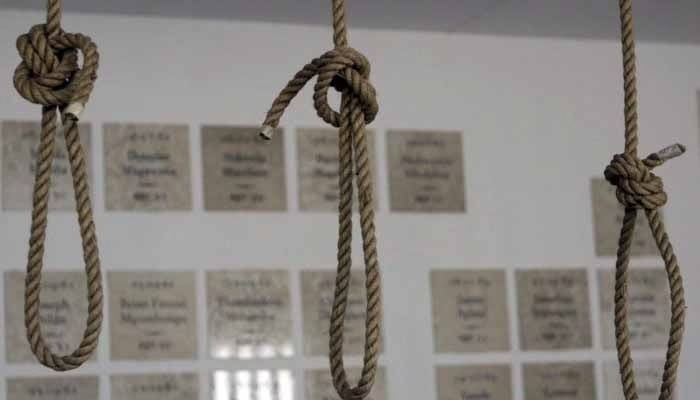In a powerful show of unity, the foreign ministers of 21 Muslim countries, including Pakistan, have jointly condemned Israel’s recent military strikes on Iran, labeling them as a blatant breach of the United Nations Charter and international law. The collective condemnation came through a joint declaration that calls for immediate de-escalation and renewed diplomatic efforts to preserve regional stability.
Strong Condemnation of Israeli Aggression
The joint statement, released after a high-level ministerial consultation, specifically denounced Israel’s attacks on Iran that began on June 13, stating unequivocally that such aggression represents a direct violation of established international legal frameworks. The ministers emphasized that acts of hostility against a sovereign state threaten not only bilateral relations but also endanger global peace and order.
The document underscored the necessity of adhering to the principles of territorial sovereignty, national integrity, and mutual respect among neighboring countries. The foreign ministers called upon the international community to play an active role in curbing provocations and urged the United Nations to hold Israel accountable for escalating regional tensions.
Call for Regional Peace and a Ceasefire
The Muslim nations’ top diplomats warned that the current trajectory of hostilities in the Middle East could spark a wider conflict, with grave consequences for millions. The joint declaration called for urgent steps to de-escalate the situation and restore calm.
Emphasizing the importance of dialogue over warfare, the statement urged all involved parties to commit to peaceful conflict resolution and to work collectively toward a sustainable ceasefire. According to the ministers, continued aggression will only deepen the cycle of violence, leaving diplomacy as the only viable path forward.
Support for Iran and Maritime Stability
Highlighting the gravity of the situation, the joint declaration reaffirmed full solidarity with Iran in the face of Israeli military action. This unified support was echoed in a separate conversation between Pakistan’s Prime Minister and Iranian President, during which Pakistan pledged complete backing for Iran’s right to sovereignty and self-defense.
In addition, the ministers emphasized the importance of ensuring maritime security and protecting the freedom of navigation in international waters — a concern increasingly relevant due to the heightened military activity in the Gulf and surrounding seas. The declaration warned that disruptions in maritime trade routes would have far-reaching economic and humanitarian implications.
Nuclear Non-Proliferation and Disarmament Urged
The joint statement strongly advocated for a nuclear-free Middle East, warning that ongoing tensions and military threats risk triggering a dangerous arms race. The ministers called on all nations — especially those in the region — to join the Nuclear Non-Proliferation Treaty (NPT) as a step toward promoting transparency, trust, and global security.
Specifically, the declaration denounced any attacks on nuclear facilities, particularly those under the supervision of the International Atomic Energy Agency (IAEA). Such actions, the ministers stressed, not only breach international norms but also endanger millions by risking nuclear contamination or disaster.
Push for Diplomatic Resumption on Iran’s Nuclear Program
The joint statement concluded with a firm message in favor of diplomacy. The ministers reiterated that the only path toward a sustainable and peaceful solution regarding Iran’s nuclear activities lies in the resumption of negotiations. They highlighted the need to rebuild trust through constructive dialogue, and urged the international community — especially Western powers — to re-engage in talks without preconditions.
As the Middle East faces mounting geopolitical tension, the united stance of 21 Muslim countries signals a significant diplomatic effort to prevent the region from descending into further chaos. The call for peace, nuclear disarmament, and the upholding of international law is not just a message to Israel and Iran — but a global reminder that dialogue must triumph over destruction.



